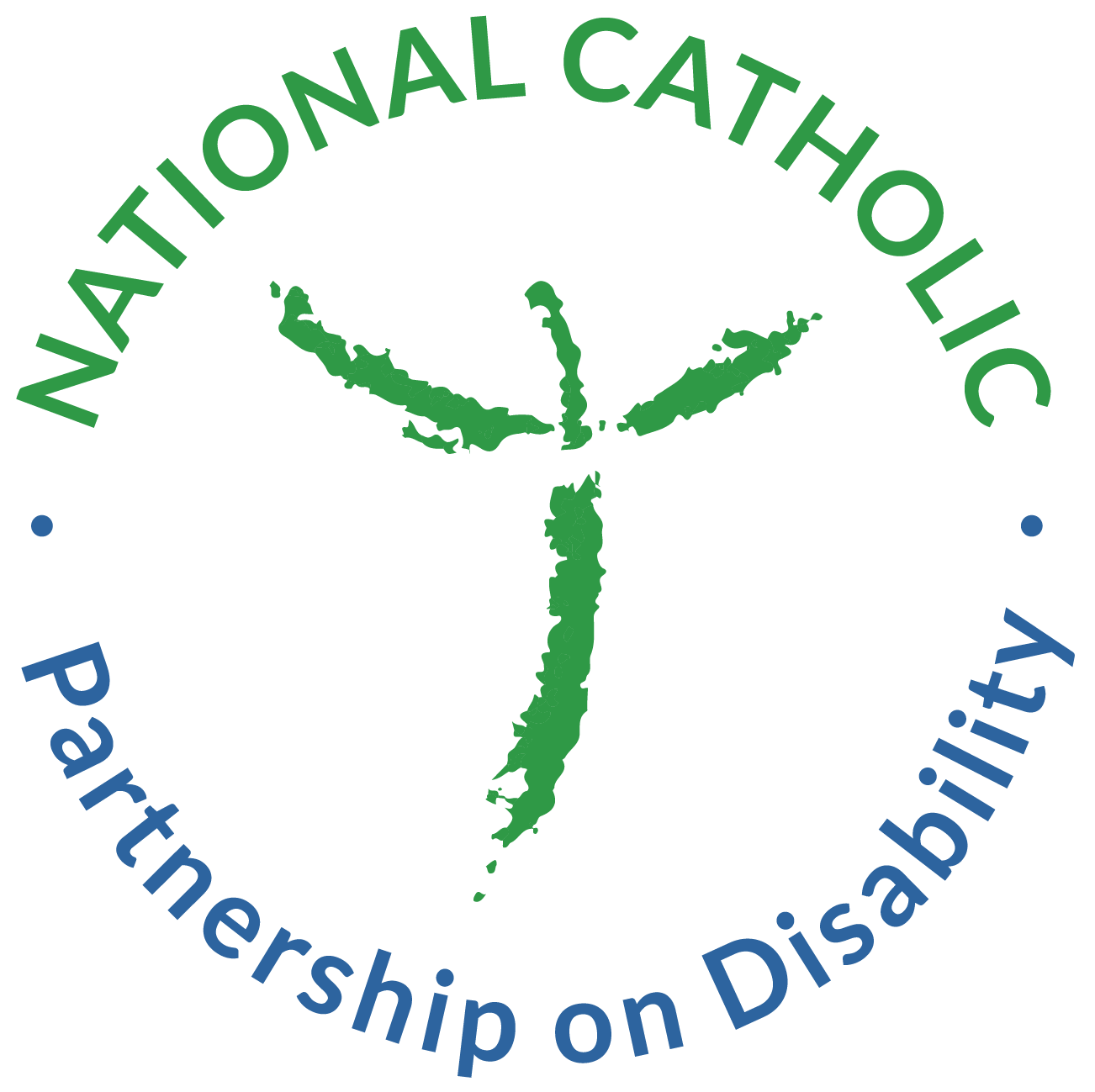
September 9, 2013
John Roberts, M.D.
President
Board of Directors
Organ Procurement and Transplantation Network/United Network for Organ Sharing
700 North 4th Street
Richmond, VA 23218
Re: OPTN/UNOS Policy Plain Language Rewrite
Dear Dr. Roberts:
I am professor emeritus at Temple Law School in Philadelphia and past chair of the National Catholic Partnership on Disability. NCPD was established thirty years ago to implement the Pastoral Statement on People with Disabilities of the U.S. Catholic bishops. On behalf of NCPD and the fourteen million disabled Catholics it serves, I submit the following comments against the Policy Plain Language Rewrite (Rewrite) OPTN has proposed.
In Section 2.13, the Rewrite addresses the DCD Model Elements, currently set out in Policy 2.8. We have raised our voice several times in the past against provisions in the Model Elements and OPTN's attempts to amend them. For example, we recently challenged an OPO Committee proposal that would have authorized organ solicitation before any decision to withdraw life-support was made. Fortunately, at its meeting last June, the OPTN Board of Directors tabled it for further review. Our present concern is that, by adopting the Rewrite, the Board will effectively endorse this and several other policies that we have repeatedly contested. As those policies are ably critiqued in the National Catholic Bioethics Center's September 9th submission, we will limit our remarks to a new and troubling problem the proposed Rewrite has revealed— the failure to include disability in OPTN's nondiscrimination policy governing organ allocation.
Section 5.4.A of the Rewrite provides that "[a]llocation of deceased donor organs must not be influenced positively or negatively by political influence, national origin, race, sex, religion, or financial status." It is startling that a major federal contractor would not include disability in its nondiscrimination policy. Admittedly, some disabled people are not qualified as organ recipients because, for example, they are unlikely to survive transplant surgery or unlikely to survive long after such surgery is performed. That provides no excuse, however, for permitting discrimination generally against disabled people otherwise qualified as organ recipients.
Under regulations implementing the 1978 Amendments to the Rehabilitation Act, HHS "may not, directly or through contractual or other arrangements, utilize criteria or methods of administration the purpose or effect of which would [s]ubject qualified individuals with handicaps to discrimination on the basis of handicap[.]"45 C.F.R. § 85.21 (b) (1) (I). It is hard to imagine how HHS could avoid violating this prohibition while contracting with a critical service provider that permits such discrimination.
The Rewrite's sorry attitude toward disability is highlighted by the change from "consent" to "authorization" in the DCD Model Elements. Section 2.13.C provides that "[t]he legal next of kin may elect to authorize procedures or drug administration for the purposes of organ donation. No donor related medications will be administered or donor related procedures performed without authorization." Further, "[i]f applicable, placement of femoral cannulas and administration of pharmacologic agents (for example, regitine orheparin) for the sole purpose of donor organ function must be detailed in the authorization process." Section 2.13.D (5). Inexplicably, ECMO, which, in the case of live donors, has the aim of facilitating brain death to allow for organ recovery, is excluded from the latter requirement.
The Rewrite carries over the change from "consent" to "authorization" contained in existing DCD policy. See Section 2.8.B (1) & C (5)(9/1/2012). In its report to the Board last June, the OPO Committee defended that change, contending that "the term 'consent' for organ/tissue/eye donation is widely perceived by the general public and healthcare workers to have the same meaning as 'informed consent.'" Board Main OPO Committee Report (6/27/2012). "[T]rue 'informed consent'" was continued for living kidney or liver donors. See id. See also Rewrite, 14.3.A.i, 14.3.B. But only authorization was considered appropriate when the donor had died. By likewise requiring only authorization for DCD donors on life-support, the Rewrite and the existing policy it affirms insinuate that they are no better than dead.
The Board should amend OPTN policy governing organ allocation to prohibit discrimination against otherwise qualified disabled recipients. Further, before approving any rewrite of the DCD Model Elements, it should resolve the questions we and other disability advocates have time and again raised. Otherwise, we will consider more receptive venues than the OPTN public comment process to air our pressing concerns.
Respectfully submitted,
Stephen L. Mikochik

